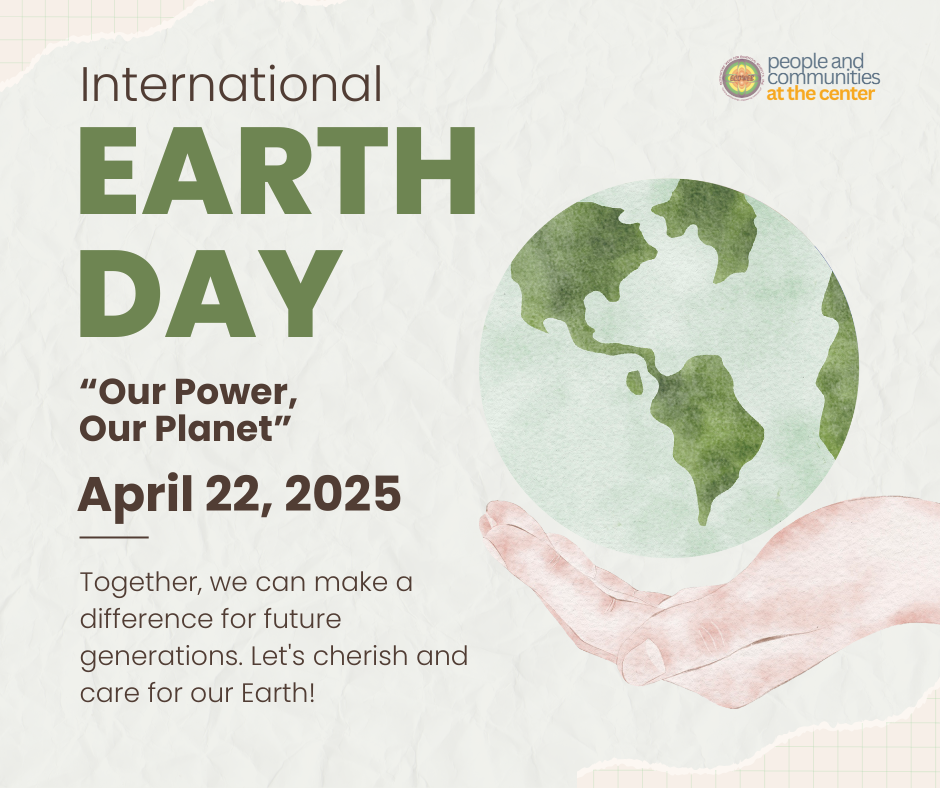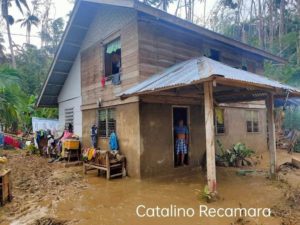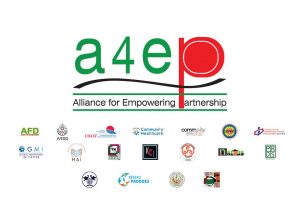
On this Earth Day, the call is clear: to protect our planet, we must unleash the power of people. The global theme, “Our Power, Our Planet,” urges nations, communities, and movements to act decisively—especially by tripling renewable energy production by 2030.
At ECOWEB, we believe power starts at the grassroots. Across Mindanao, communities are proving that climate action doesn’t have to wait for policy—it can start with people.
In Sibagat, Agusan del Sur, abaca farmers are turning sunlight into strength. Through the GreenFiber Project, they’re using solar-powered abaca processing machines to boost production and cut emissions—proof that clean energy can go hand-in-hand with rural development. The project has also rolled out trainings on climate-smart initiatives, including Abaca Macro-Propagation and FAITH (Food Always In The Home) Gardening, empowering women from diverse backgrounds to take the lead in sustainable farming. These hands-on sessions not only enhance livelihoods but promote home-based organic food production—helping communities build resilience against climate change, one garden at a time.
Meanwhile, in Indigenous communities in North-Western Mindanao, the FPG-SEEDIC Project is building climate-smart livelihoods rooted in tradition and resilience. From promoting sustainable agriculture to setting up Indigenous-led social enterprises, the project is helping communities adapt to a changing climate while protecting ancestral lands.
And through the IP Resilience Project, ECOWEB is supporting Indigenous Peoples in Caraga to secure land tenure, strengthen disaster preparedness, and adapt to climate risks—ensuring they remain guardians of some of the country’s most biodiverse ecosystems. In La Paz and Loreto, Agusan del Sur, Automated Weather Stations have been installed, farmers now access real-time climate data to better plan and respond to disasters. Despite recent floods, communities are pushing forward through techniques like raised beds, sack gardening, SALT (Sloping Agricultural Land Technology), and natural input farming, showing that even in adversity, innovation and Indigenous knowledge can pave the way to food security and resilience.
And in places struck hardest by disaster, ECOWEB’s Survivor and Community-Led Response (SCLR) approach is unlocking the power of local solutions. In Las Nieves, Agusan del Norte, microgrants helped flood and shearline survivors rebuild livelihoods through mushroom farming, sustainable agriculture, and village water systems. In Socorro, Surigao del Norte, fisherfolk formed a cooperative and, through successive microgrants, launched a mini hardware store and even a community sea ambulance—a life-saving initiative rooted in the tradition of Hinabangay or mutual aid. Beyond these, all other local solution resilience-building initiatives of around 1,000 community groups around the country have also been supported through microgrants received from ECOWEB with the backing of its partners.
Each of these efforts shares a simple but powerful idea: real climate solutions start with those most affected. Earth Day reminds us that the fight for the planet is also a fight for equity, dignity, and justice.
We have the tools. We have the knowledge. And we have the power. Let’s use it—for our people, and our planet.


